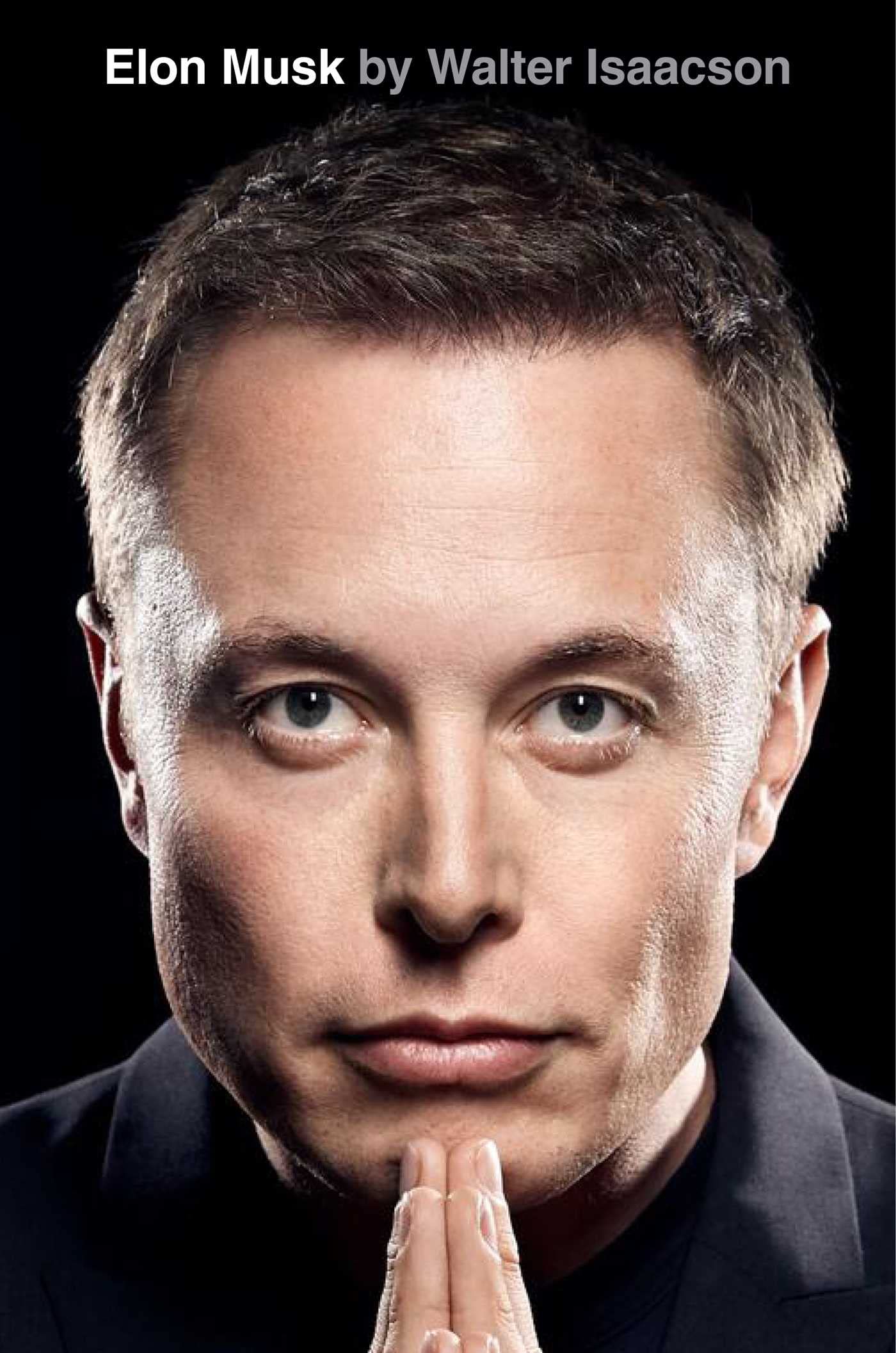50. Shanghai
byShanghai became the focal point of Tesla’s most aggressive expansion strategy, fundamentally altering its global influence and reinforcing its dominance in the electric vehicle (EV) sector. Between 2015 and 2019, Tesla faced significant obstacles in China, grappling with slow sales, import tariffs, and stringent regulatory requirements that mandated foreign automakers to form joint ventures with domestic companies. While Tesla’s cutting-edge technology and premium brand recognition held promise, the high costs associated with importing vehicles made them financially inaccessible to a large portion of Chinese consumers. Elon Musk realized that achieving success in China required Tesla to establish a local manufacturing presence, but the challenge lay in securing government approval to operate independently—something that had never been granted to a foreign carmaker before. Given China’s historically strict policies that required international automakers to form partnerships with local firms, the possibility of an independently owned Tesla factory seemed improbable at best.
To navigate these complexities, Musk enlisted Robin Ren, a Shanghai-born physicist with a deep understanding of China’s business environment. Though Ren lacked experience in the automotive industry, his expertise in technology and corporate strategy made him the ideal candidate to lead Tesla’s efforts in China. He was faced with two options: persuading Musk to accept a joint venture—something Musk staunchly opposed—or working to convince Chinese policymakers to grant Tesla an unprecedented exemption from the long-standing joint-venture requirement. Knowing Musk’s reluctance to share control, Ren embarked on a meticulous lobbying campaign, emphasizing how Tesla’s presence in China could align with the government’s ambitions to lead in clean energy and cutting-edge technology. Tesla positioned itself as a key player in China’s environmental goals, presenting data that demonstrated how its battery-powered vehicles could significantly reduce emissions and alleviate pollution in major cities.
Ren’s strategy focused on demonstrating Tesla’s potential to accelerate China’s electric vehicle revolution while simultaneously bolstering the local economy and generating skilled jobs. By leveraging the Chinese government’s commitment to reducing carbon emissions and advancing renewable energy, Tesla positioned itself as an invaluable partner in achieving these national objectives. After months of persistent negotiations and strategic discussions, Tesla secured an extraordinary deal in early 2018, becoming the first foreign automaker permitted to build a wholly-owned factory in China—an unprecedented policy shift that underscored Tesla’s growing global influence. This decision not only signaled a major victory for Tesla but also indicated China’s willingness to embrace foreign investment in its EV market under specific conditions that aligned with its long-term vision.
With regulatory barriers lifted, Tesla moved swiftly to turn its vision into reality. The company unveiled plans for Gigafactory Shanghai, an advanced manufacturing facility intended to serve as a critical hub for Tesla’s production and distribution network. Unlike traditional automakers, which often took years to establish production plants, Tesla defied industry norms by breaking ground in early 2019 and completing construction in record time. By December of the same year, the facility had already begun rolling out Model 3 vehicles, a stunning achievement that showcased Tesla’s ability to execute large-scale projects with remarkable speed and efficiency. This rapid turnaround was made possible through Tesla’s unique vertical integration approach, streamlining supply chains and eliminating bureaucratic inefficiencies commonly seen in traditional car manufacturing.
The impact of Gigafactory Shanghai was transformative. By localizing production, Tesla dramatically reduced costs, eliminated import tariffs, and made its vehicles more competitively priced in the Chinese market. As a result, demand for Tesla cars surged, and the company quickly established itself as the leading EV brand in China, outpacing local competitors and solidifying its foothold in the world’s largest automotive market. Moreover, the success of the Shanghai factory demonstrated Tesla’s capability to replicate its rapid-manufacturing model worldwide, setting the stage for further global expansion. China’s support for Tesla’s expansion also acted as a catalyst for domestic EV manufacturers, prompting competitors such as NIO and XPeng to accelerate their own research and development efforts to keep pace with Tesla’s growing presence.
Musk’s bold decision to push for independent operations in China proved to be one of the most pivotal moves in Tesla’s history. Gigafactory Shanghai not only accelerated Tesla’s growth but also set a precedent for its expansion strategies in other regions, including Germany and Texas. The Shanghai model became a blueprint for how Tesla could leverage innovative manufacturing techniques, strategic partnerships, and government negotiations to disrupt traditional automotive industry practices and drive the future of sustainable transportation. Tesla’s success in China also signaled a shift in global auto industry dynamics, with the Chinese EV market playing an increasingly influential role in shaping the future of electric mobility. The impact of Gigafactory Shanghai extended beyond business success—it was a demonstration of how Tesla’s unconventional approach to problem-solving, government negotiation, and manufacturing could redefine an entire industry on a global scale.


